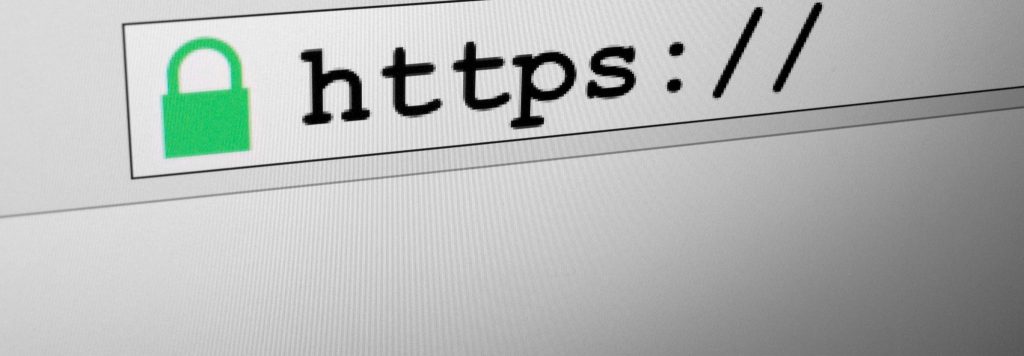Privacy is supposed to be one of the Internet’s greatest assets, and many people believe their actions remain hidden from unwanted observation. This belief remains even after hearing multiple times about information leaks and the ease with which their private information becomes available to those who aren’t supposed to have access to it. In reality, by default Internet privacy is almost nonexistent — your activity is watched and logged by your provider. In many countries, the content you can and cannot access is controlled by your government. And virtually everywhere, your private information gets sold to companies that use it for commercial purposes, poorly designed software leaks your data, and records get hacked.
The takeaway: You are not anonymous on the web unless you make a considerable effort to achieve it. In this article, we will cover the most important steps you can make in 2018 toward protecting your Internet privacy.
1. Anonymizing the operating system

Mainstream operating systems (Windows and iOS) are notoriously full of holes when it comes to anonymity, mostly because they weren’t designed with privacy in mind to begin with. After all, we live in a world of information-driven commerce, and the biggest players on the market are just as (if not more) interested in your consumer behavior as other businesses. A good example is Tails, often called the world’s most secure OS. It can be started on almost any machine using a USB stick or a DVD; it leaves no traces of its activity, allows you to use the Internet anonymously, and circumvent censorship.
2. Usenet
Usenet is a distributed discussion system that has been in existence since the late 1970s and in was an early form of Internet forums and file sharing services that are ubiquitous today. Despite having been around for almost 40 years, Usenet remains mostly unknown by mainstream Internet users and is often said to have been in decline for years.
However, it has many advantages impossible to get in any other way. No single provider or company owns it — all the information in Usenet (and there is more than 27 Terabytes of it published every day) is scattered across hundreds of independent server clusters worldwide mirroring each other’s content.
To get access to everything Usenet has to offer, you have to pay for a subscription to a Usenet provider — much like you pay for the Internet access. However, differently from the Internet, it isn’t difficult to find a provider who will guarantee you anonymous and uncensored access using SSL encryption.
3. Anonymous VPN

Most virtual private networks are specifically built to protect the privacy of their users. In short, they work in the following way: They replace your IP with one of theirs and block your metadata information from reaching its endpoint. In addition to that, most respectable VPNs guarantee not to log your activity, which means that they cannot divulge your data.
4. Anonymizing devices
Devices like Anonabox are specifically designed to protect your Internet privacy with minimal effort on your part. They consist of specially configured hardware that can help you avoid snooping on multiple computers and other devices without the need to set up the necessary software on each of them separately. They are usually small in size so that you can freely take them along wherever you are going and enjoy increased privacy both at home and abroad.
5. Tor
Tor network exists specifically to enable anonymous communication, which means that if you want to protect your privacy, using a Tor-enabled browser is a good place to start. When you do so, all the traffic from your location to the destination doesn’t flow directly but first has to pass through a series of randomly selected Tor nodes, which makes it much more difficult to track. Tor’s anonymity isn’t ideal, but it does a lot to protect your private information, and when combined with other suggestions from this article it can make tracking your traffic too complicated to bother with it.
6. Privacy Badger
Privacy Badger is a powerful Firefox and Chrome plugin that at a glance looks like your run-of-the-mill adblocker, but in reality has an entirely different function. Its purpose is not to block advertisements to prevent them from annoying and distracting you but to stop advertisers and third-party trackers located on websites from tracking your browsing habits: which pages you visit, the links you click, and so on. It keeps an eye on domains placing pictures, scripts, and ads on the pages you surf and blocks them from tracking your movements.
7. HTTPS Everywhere

HTTPS Everywhere is another plugin from the same developer, this time solving the problem of websites that don’t properly use the secure HTTPS protocol. HTTPS protocol is an accepted Internet privacy standard everywhere, but many websites don’t use it, and those that are supposed to do so can sometimes default to HTTP when not set up properly. This plugin ensures that they do follow through with HTTPS, although it won’t turn a standard HTTP connection to an encrypted one.
8. Don’t use plugins
This may contradict the previous two tips, but unless a plugin is security-oriented and you are absolutely sure about its provenance, you would do better not using it at all. Some browser plugins (especially popular ones) leave traces that can compromise your identity and location. Others actively collect information about you, and some even contain malware aimed at stealing your passwords and other sensitive data.
9. Avoid popular software
If the software is widespread, its creators most likely couldn’t care less about your privacy. At best, it will be full of holes allowing for data leaks. At worst, it will actively collect information about you. It is especially true about free software that isn’t specifically aimed at protecting privacy in the first place — if you don’t have to pay for something with your money, chances are you pay with something else, most likely, your privacy.
Internet privacy: Be a little paranoid
All these tips may sound a bit (if not excessively) paranoid, but you should understand that we live in the age when information is a commodity — and there are many entities ready to go to significant lengths to obtain it.
Featured image: Freerange Stock



